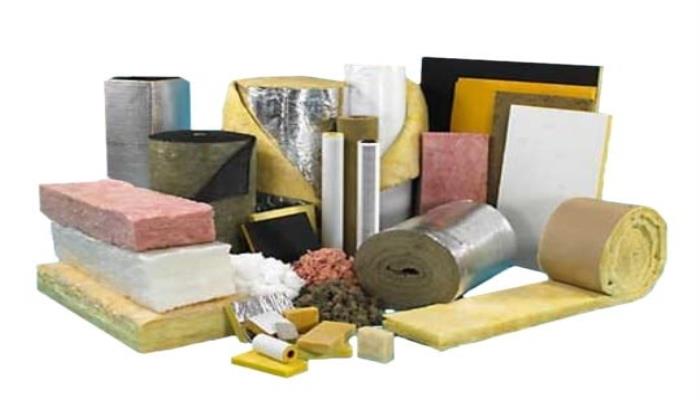What Factors Should You Consider When Buying Insulation Online?

Online shopping’s ease has revolutionized how we purchase items, and insulation for our homes is no different. Online insulation purchases simplify the process and let customers consider many options without having to leave the comforts of their homes.
To guarantee a purchase that fulfills your unique requirements, it is necessary to consider several elements. This article will explore the key considerations when you buy insulation online, from material types to sizing and sustainability.
1. Insulation Material
Distinct insulating materials accommodate diverse demands and inclinations. Foam board, fiberglass, cellulose, and spray foam are typical choices. Know the qualities of each material and whether it will work for your application before making a purchase. To make an informed choice, consider environmental effects, fire resistance, and thermal resistance (R-value).
2. R-Value
The thermal resistance of insulation is measured by the R-value, which shows how well it resists heat flow. Examine your climate and the R-value that is suggested for your area. Higher R-values may be necessary in colder climates to keep homes warm.
In contrast, insulation that blocks heat loss may be given priority in warmer climates. Make sure the insulation you select complies with your region’s R-value requirements.
3. Thickness and Size
The thickness of insulation is directly related to its thermal performance. Determine the appropriate thickness based on the desired R-value and the available space for installation. Additionally, verify the dimensions and size options offered by online retailers. Accurate measurements ensure the purchased insulation fits seamlessly into your walls, ceilings, or other designated areas.
4. Product Reviews and Ratings
Use the plethora of information on the internet by looking up product ratings and reviews. Consumer reviews offer insightful information about the functionality, robustness, and simplicity of installation of particular insulation products. To determine whether the product is appropriate for your needs, read reviews from homeowners who have undertaken renovations and have similar criteria.
5. Brand Reputation
Pick insulation from reliable, well-known manufacturers that are recognized for their excellence. Well-known companies frequently make R&D investments to improve their goods, guaranteeing that the insulation you receive satisfies industry standards. Examine consumer endorsements, industry accreditations, and the brand’s background to determine its market standing.
6. Shipping and Delivery
Take into account the delivery schedules and shipping choices that internet merchants provide. The insulation materials’ size and weight might vary, affecting delivery logistics and shipping costs.
Ensure the insulation arrives in a period that fits your project timeline by checking the projected delivery schedules. For large orders, certain retailers could provide free or heavily discounted shipping.
7. Environmental Impact
Think about how the insulation materials you select will affect the environment since many households are starting to prioritize sustainability. Certain alternatives are more environmentally friendly, including cellulose derived from recycled paper or fiberglass. For goods that help create a healthy indoor atmosphere, look for those with low amounts of volatile organic compounds or VOCs.
8. Cost and Budget
Examine pricing on several websites to see which offers the most value for your money. While it could be tempting to go with the least expensive option, consider the long-term benefits of energy-efficient insulation. Consider the material’s longevity, energy efficiency, and possible refunds or incentives for eco-friendly decisions.
9. Customer Support and Returns Policy
Verify that the online merchant has a clear return policy and extensive customer care. Quick customer service is essential if there are any disparities or problems with the insulation that is delivered. To make future exchanges or refunds easier, become familiar with the returns procedure.
10. Installation Requirements
Understand the installation requirements for the chosen insulation material. Some insulation types may require professional installation, while others are suitable for DIY projects. Ensure you have the necessary tools and skills or plan to hire professionals.
Navigating the Virtual Marketplace for Informed Insulation Success
Online purchasing for insulation provides a plethora of alternatives and convenience. Still, a successful transaction necessitates careful consideration of numerous elements. Every factor influences the total efficacy and happiness of your insulation investment, from the type of insulation and R-value to the logistics of delivery and the impact on the environment.
A well-informed approach to the Internet insulation purchasing process allows homeowners to make decisions that fit their budget, sustainability objectives, and unique demands.


